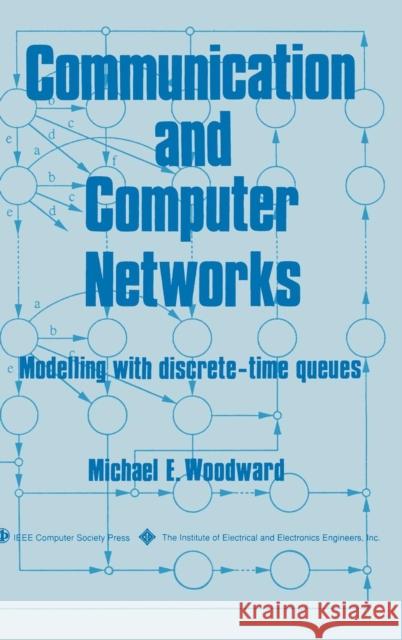Communication and Computer Networks » książka
Communication and Computer Networks
ISBN-13: 9780818651724 / Angielski / Twarda / 1994 / 216 str.
This book is concerned exclusively with discrete-time queues and their applications to the performance modeling of communication and computer networks. Since most modern networks operate on the basis of time slotting, and transmit information in fixed length (packets or cells), it thus becomes natural to model such networks in discrete-time by associating a time slot in a physical network with the unit time in the corresponding discrete-time model. The book shows how, in this way, very accurate models that faithfully reproduce the stochastic behaviour of a communication or computer network can be constructed.
The treatment is self contained, and progresses from basic probability theory and discrete-time queueing networks. These latter are applied to model the performance of numerous wide area satellite networks and local area networks, ranging in complexity from simple Aloha schemes to the timed token protocol of the FDDI network. The main objective of this book is to present a unified method for modeling any network access protocol as a discrete-time queueing network and t develop efficient solution techniques for these models. A significant number of the models and their solutions which are included have not previously appeared in the open literature.
The text should prove useful to practitioners and researchers concerned with communication and computer network performance modeling, or anyone wanting a sound understanding of the application of discrete-time technique to this subject area.











